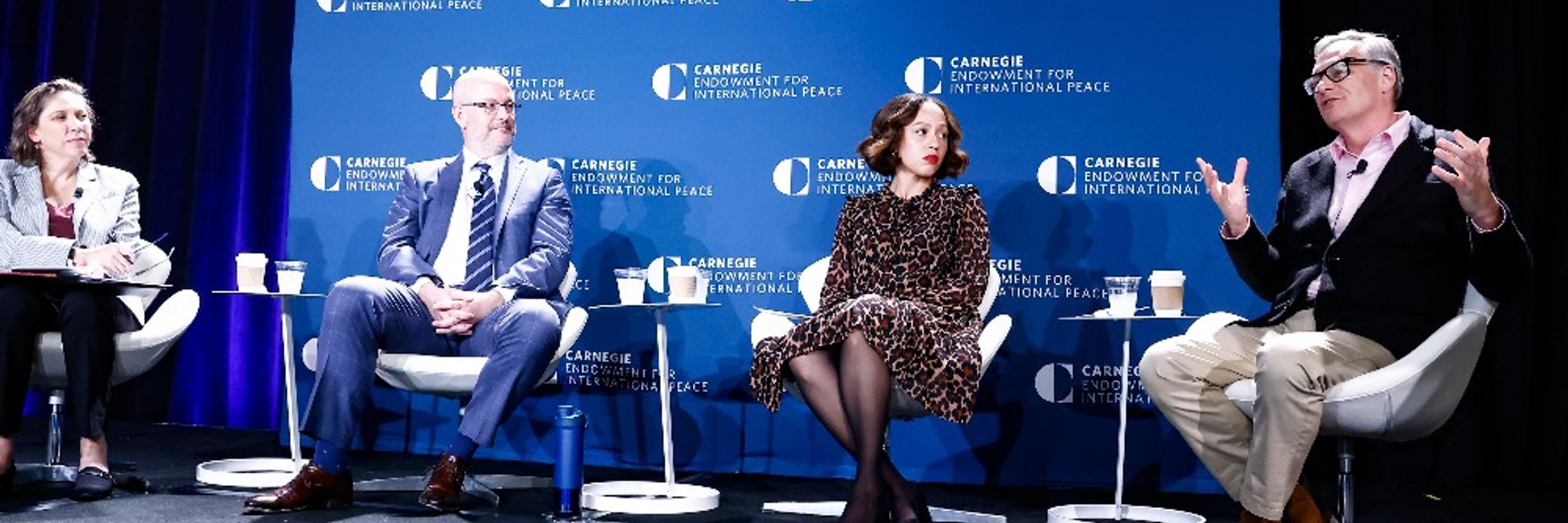
Jeffrey Lewis
@armscontrolwonk.bsky.social
Professor at the Middlebury Institute, member of the National Academies Committee on International Security and Arms Control, and former member of the State Department's International Security Advisory Board.
Sadly, Erik did not take my art direction.

November 9, 2025 at 8:55 PM
Sadly, Erik did not take my art direction.
I think they were just focused on “does implosion exceed what you’d get if the core was just HE instead” as a kind of heuristic. In practice all the yields were orders of magnitude smaller 1/10 and 1/100ths of a pound.
November 4, 2025 at 1:18 AM
I think they were just focused on “does implosion exceed what you’d get if the core was just HE instead” as a kind of heuristic. In practice all the yields were orders of magnitude smaller 1/10 and 1/100ths of a pound.
la-1092-ms.pdf
drive.google.com
November 4, 2025 at 1:15 AM
They’re engineers. What more do you want? 🤷♂️
November 4, 2025 at 1:01 AM
They’re engineers. What more do you want? 🤷♂️
The conceptual definition was HE or 1 kilocalorie per gram.

November 4, 2025 at 12:59 AM
The conceptual definition was HE or 1 kilocalorie per gram.
Here. It’s not the precise definition but none of the tests exceeded 4/10 of a pound AFAIK.
large.stanford.edu/courses/2018/ph241/wilson2/docs/la-1092-ms.pdf
large.stanford.edu/courses/2018/ph241/wilson2/docs/la-1092-ms.pdf
large.stanford.edu
November 4, 2025 at 12:54 AM
Here. It’s not the precise definition but none of the tests exceeded 4/10 of a pound AFAIK.
large.stanford.edu/courses/2018/ph241/wilson2/docs/la-1092-ms.pdf
large.stanford.edu/courses/2018/ph241/wilson2/docs/la-1092-ms.pdf
One thing I recently updated: US supercomputing zoomed past the benchmark established for stockpile stewardship (100 tflops) and also China has too. The Chinese have the computers to design new weapons, but what they don't have is the data from nuclear testing -- yet.

October 30, 2025 at 3:32 PM
One thing I recently updated: US supercomputing zoomed past the benchmark established for stockpile stewardship (100 tflops) and also China has too. The Chinese have the computers to design new weapons, but what they don't have is the data from nuclear testing -- yet.
One problem with testing "on an equal basis" with Russia and China is that they might not be on equal basis with each other. If we match Russia, China gets a free pass to follow. China has the smallest number of tests (45 v 🇷🇺715 and 🇺🇸1032) and ∴ the most to gain from new data.
October 30, 2025 at 2:32 PM
One problem with testing "on an equal basis" with Russia and China is that they might not be on equal basis with each other. If we match Russia, China gets a free pass to follow. China has the smallest number of tests (45 v 🇷🇺715 and 🇺🇸1032) and ∴ the most to gain from new data.



